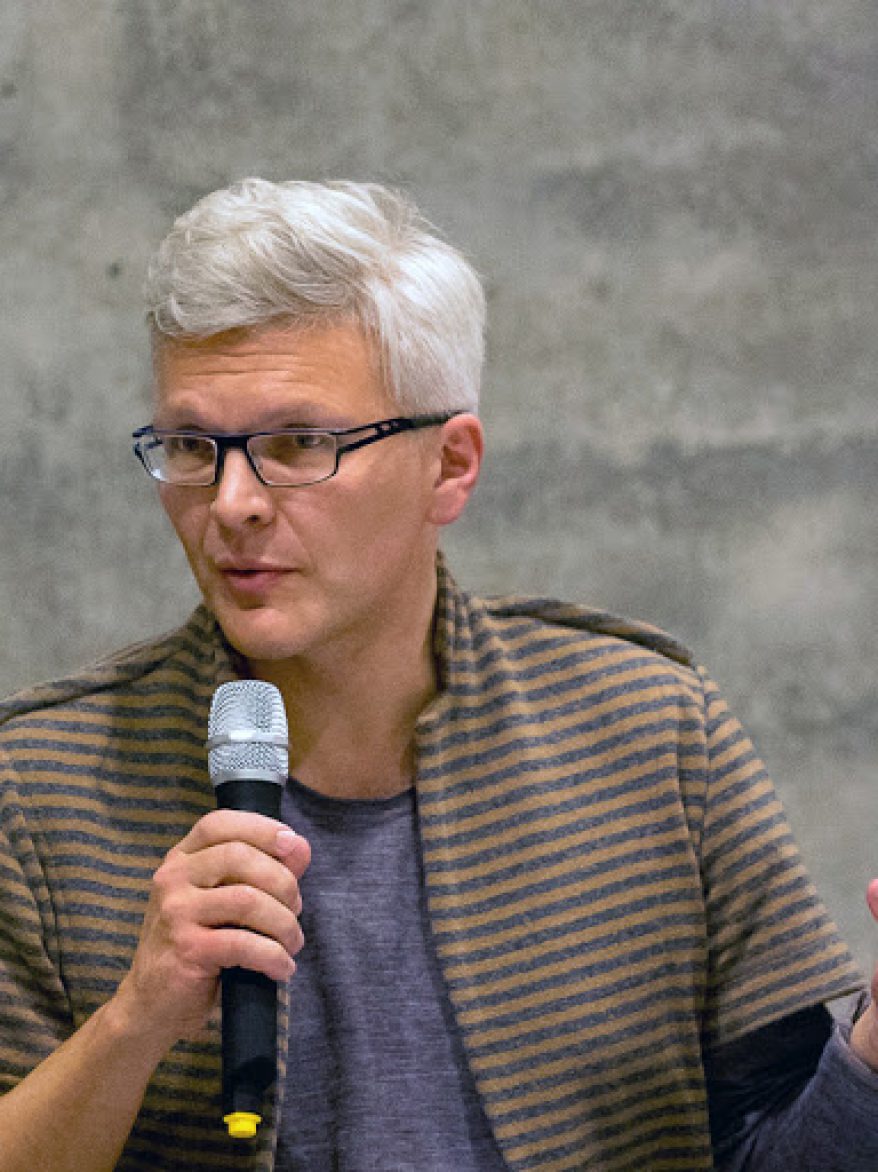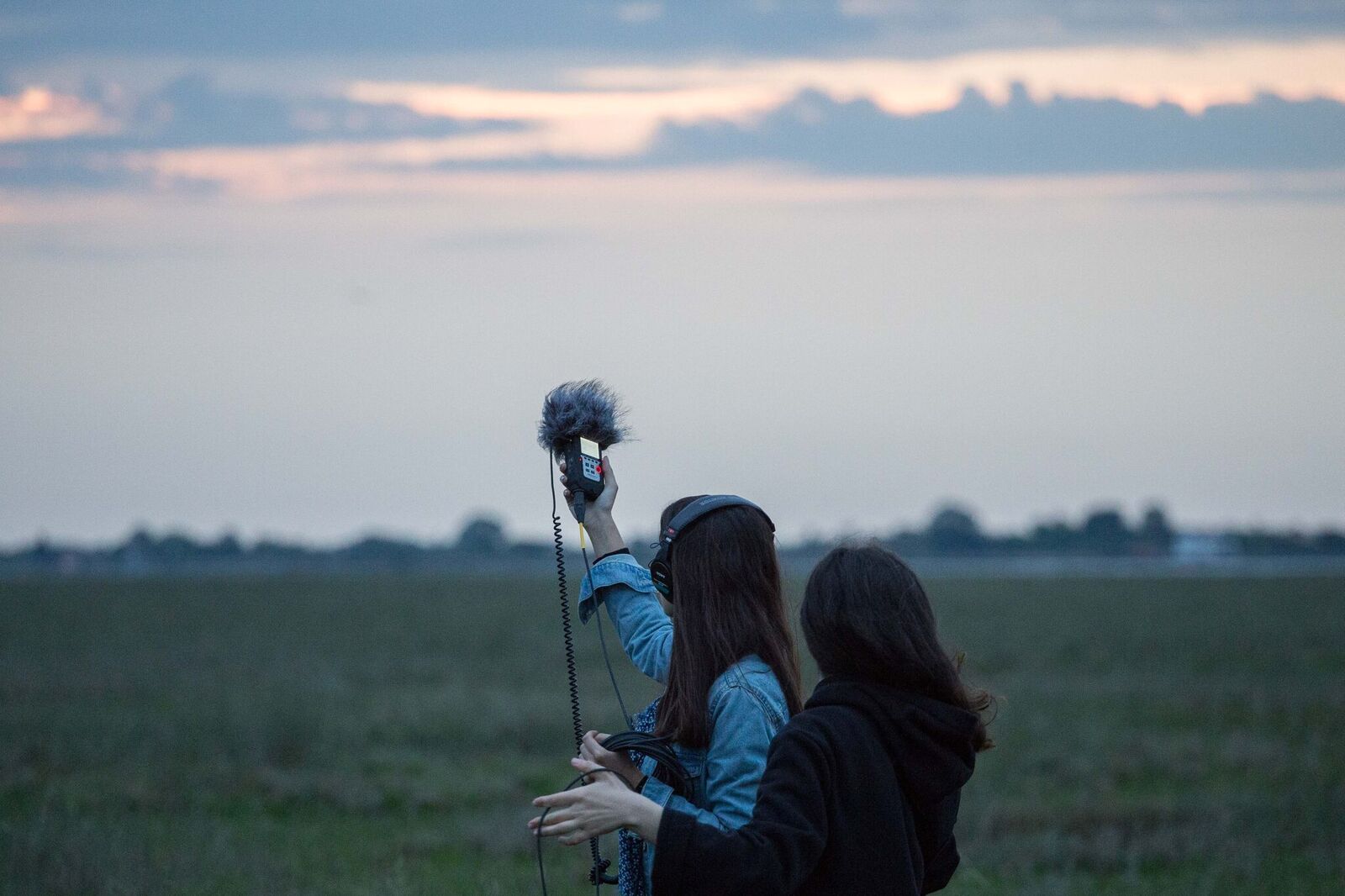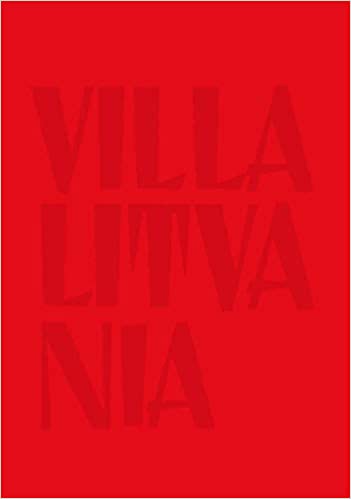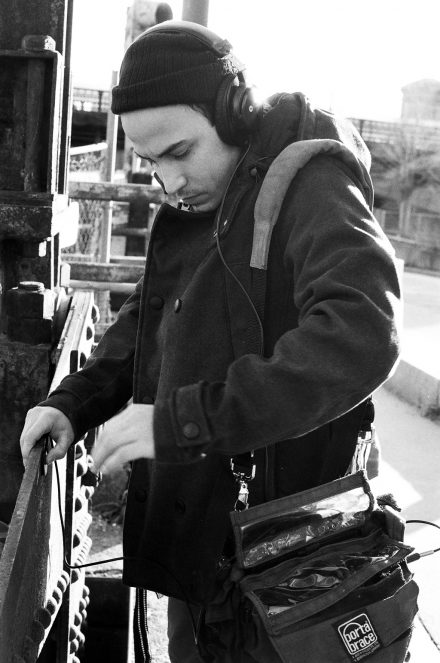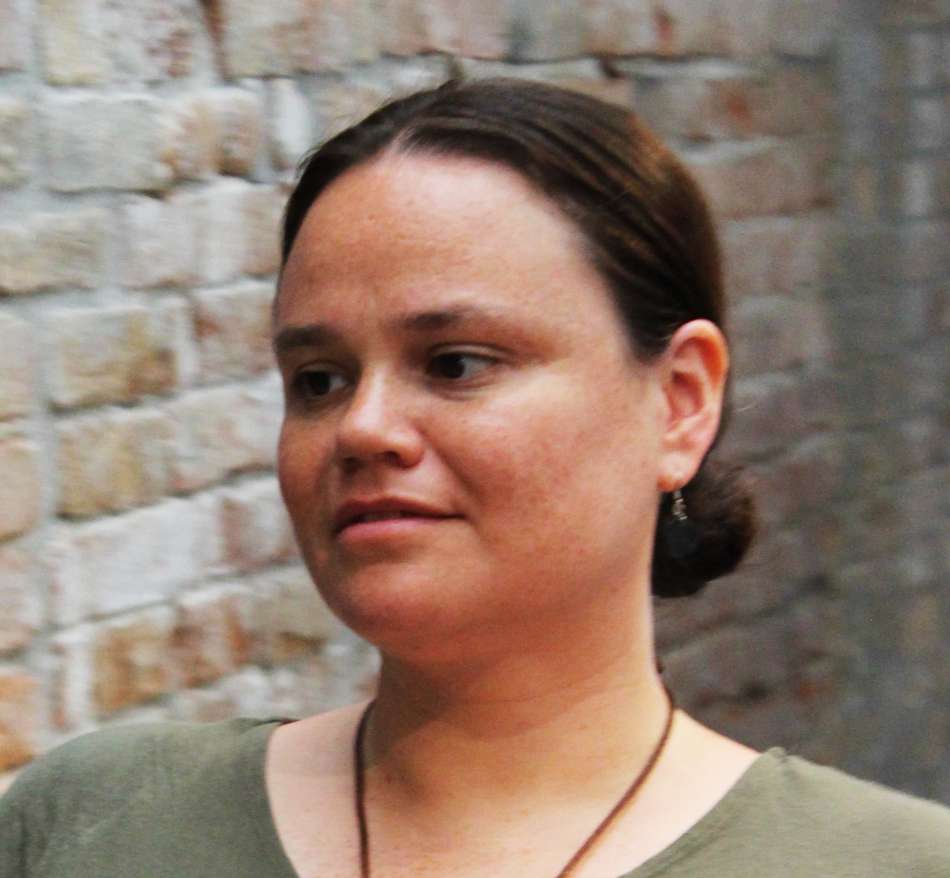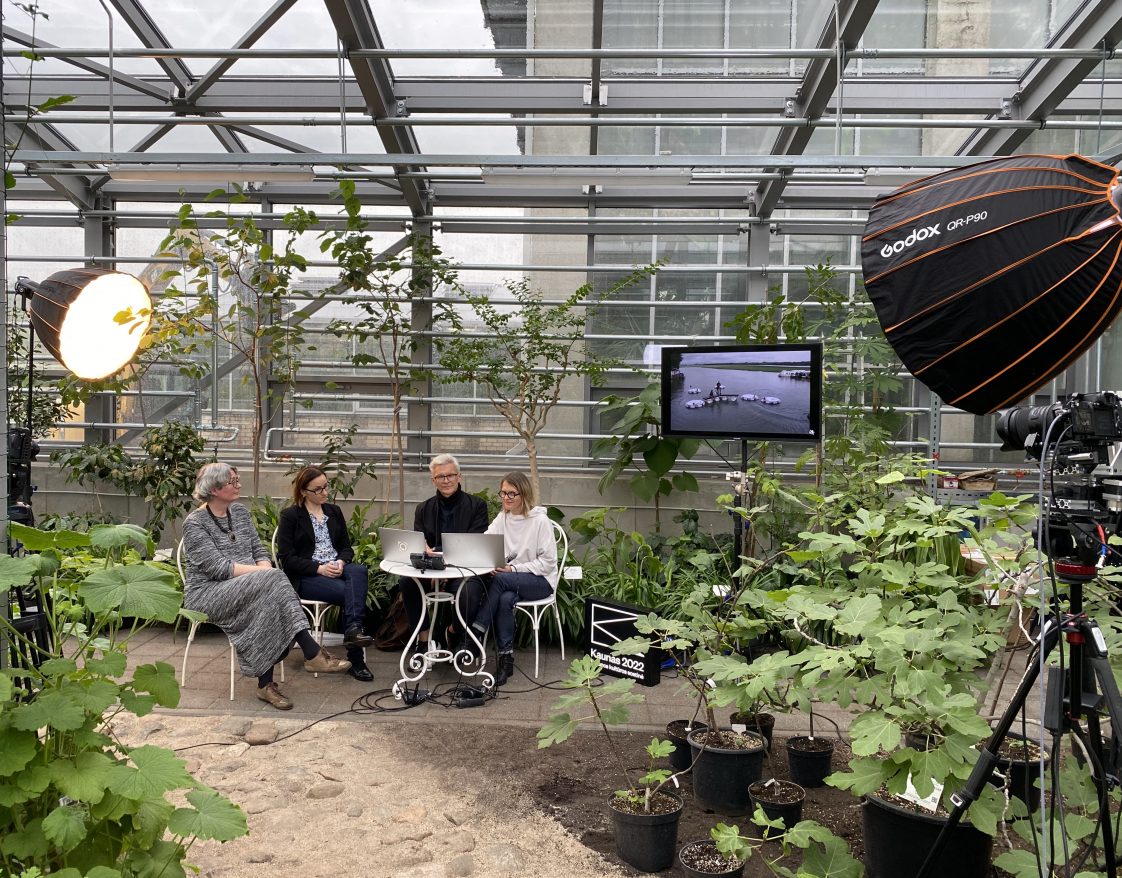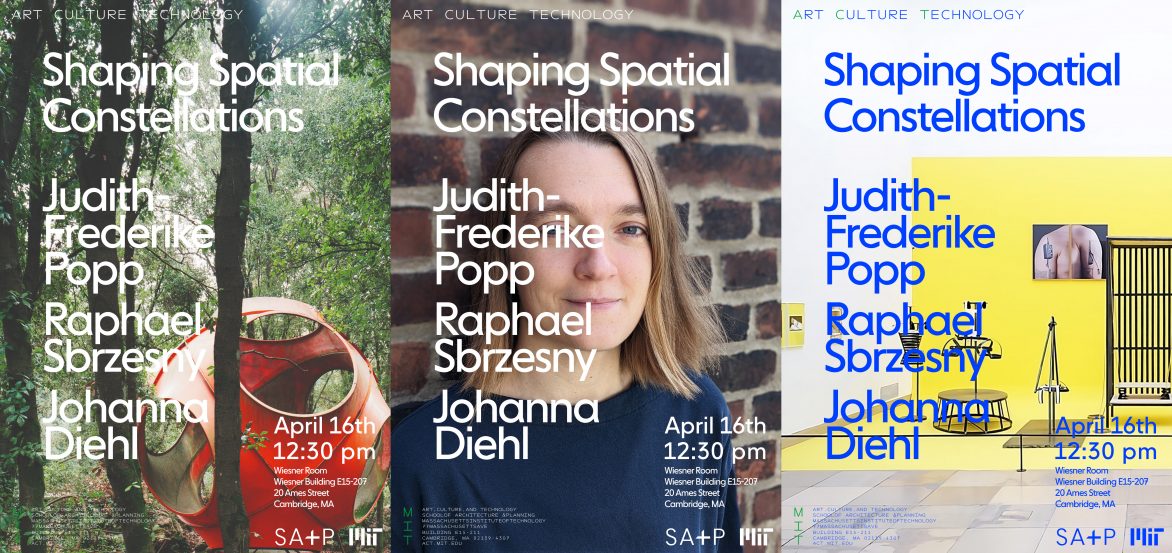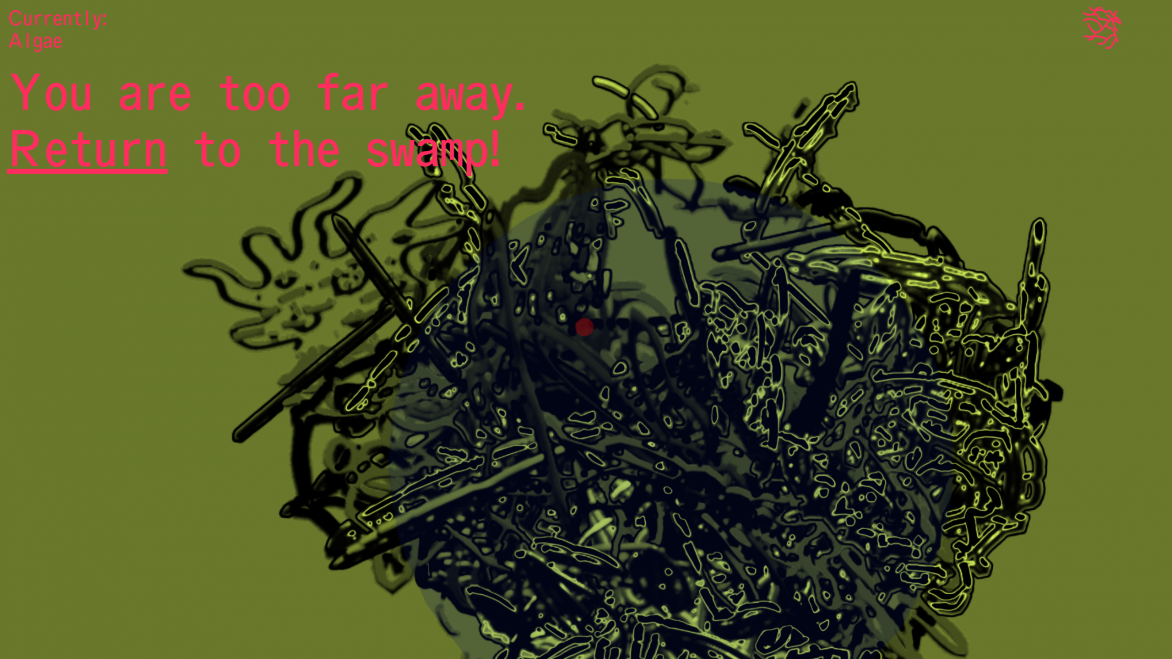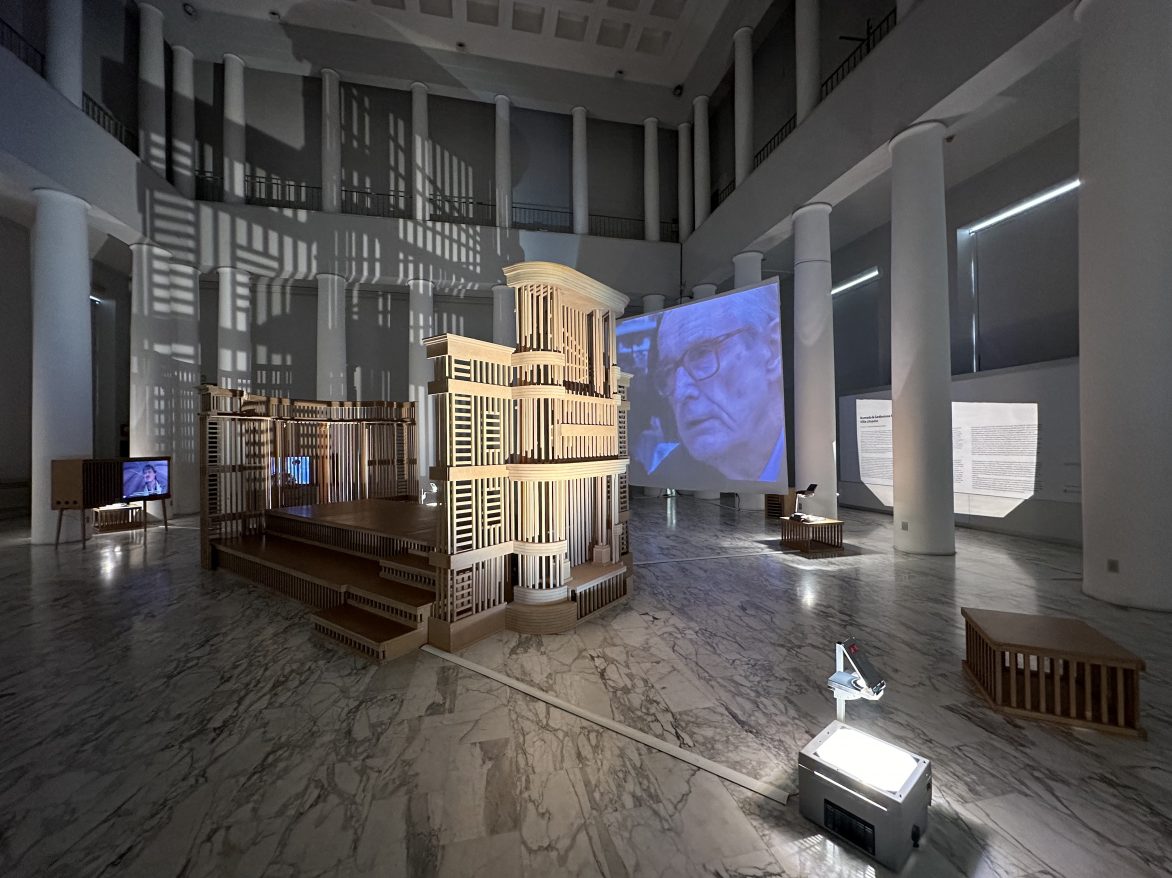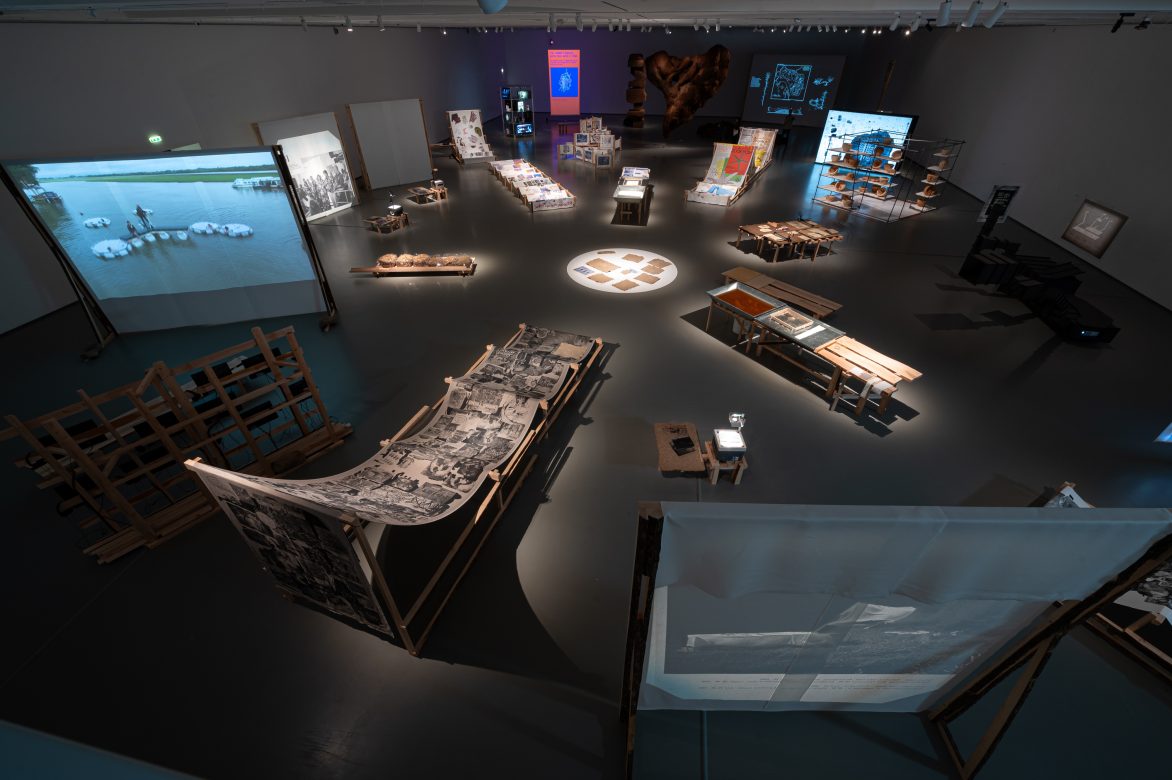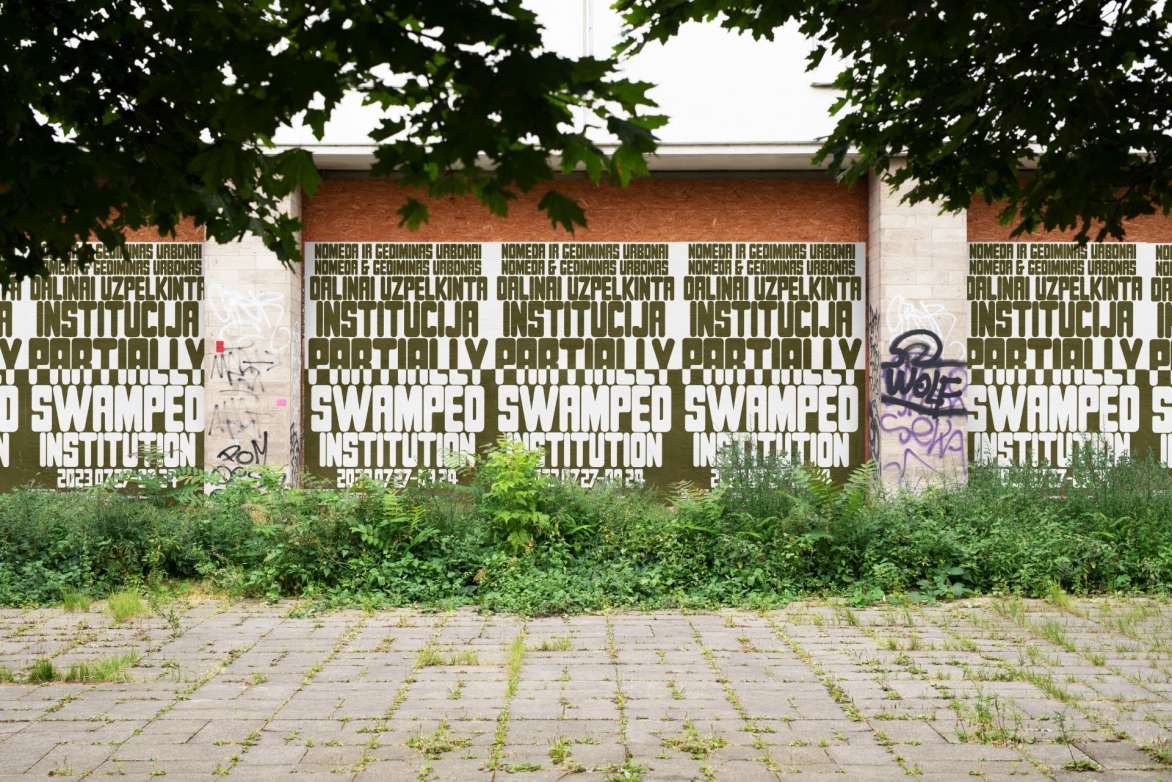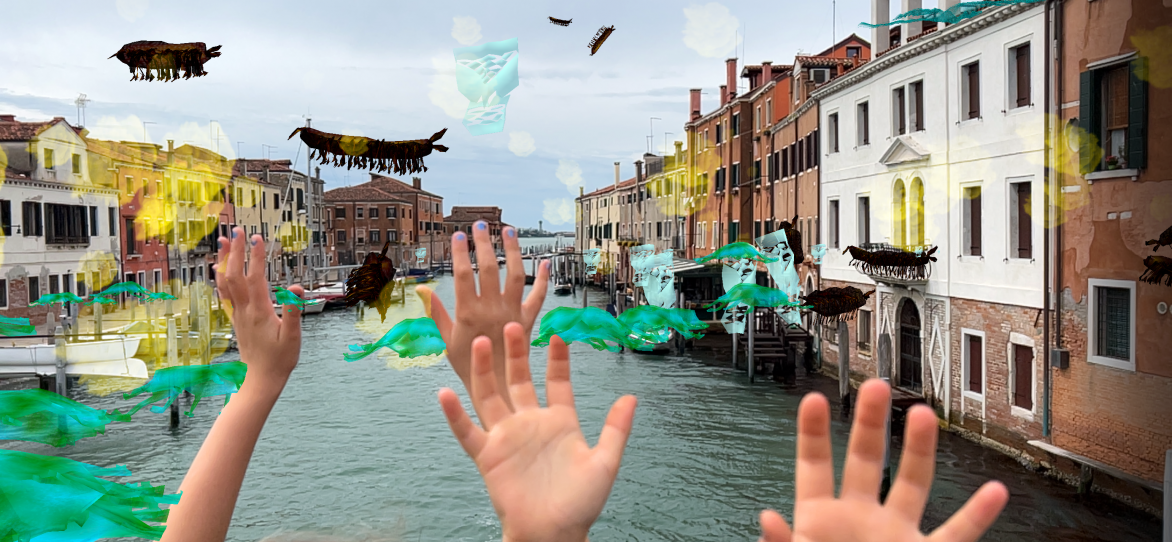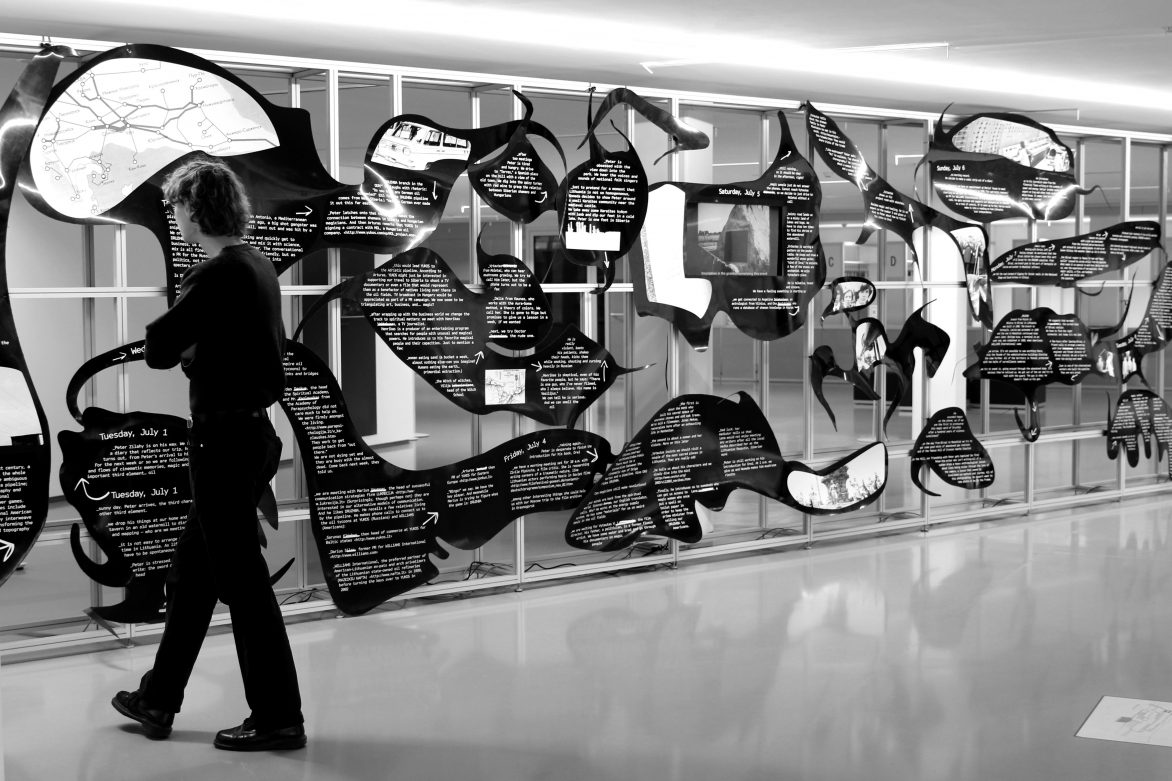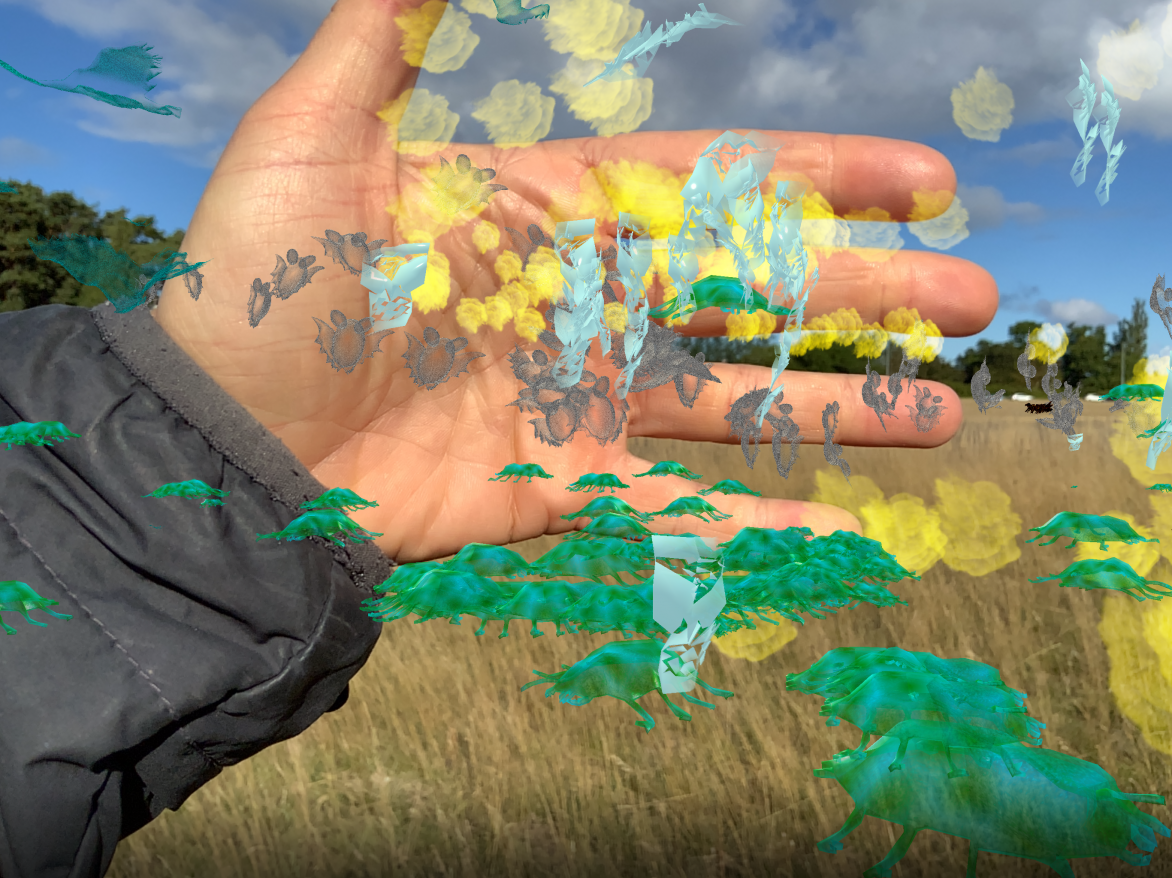Gediminas Urbonas is an artist, educator, researcher and co-founder of US: Urbonas Studio (together with Nomeda Urbonas), an interdisciplinary research practice that facilitates exchange amongst diverse nodes of knowledge production and artistic practice in pursuit of projects that transform civic spaces and collective imaginaries. Urbonas also collaborate with experts in different cultural fields to develop practice-based artistic research models that allow participants – including their students – to pursue projects that merge urbanism, new media, social sciences and pedagogy to critically address the transformation of civic space and ecology.
Urbonas have exhibited internationally including the São Paulo (twice), Berlin, Moscow (twice), Lyon, Gwangju, Busan Biennales, Folkestone Triennial – and Manifesta and Documenta exhibitions – among numerous other international shows, including a solo show at the Venice Biennale and MACBA in Barcelona. Their work was awarded a number of high level grants and residency awards, including the Lithuanian National Prize (2007); a Prize for the Best International Artist at the Gwangju Biennale (2006) and the Prize for the best national pavilion at the Venice Biennale (2007). Urbonas are co-founders of the JUTEMPUS interdisciplinary art program (1993), the first independent artist-led initiative in Lithuania; Vilnius Interdisciplinary Lab for Media Art (VILMA); the VOICE, a net based publication on media culture (www.balsas.cc); they are co-founders of the Transaction Archive and co-directors of the Pro-test Lab Archive.
Their writing on artistic research as form of intervention into social and political crisis was published in the books Devices for Action (2008) by MACBA Press, Barcelona and Villa Lituania (2008) by Sternberg Press. Urbonas co-edited Public Space? Lost and Found (MIT Press, 2017) that brings together artists, planners, theorists and art historians in an examination of the complex inter-relations between the creation and uses of public space and the roles that public art plays therein. Urbonas 5 year-long research project on Zooetics exploring the potential to connect with the noetics and poetics of non-human life in the context of the planetary ecological imbalance, concluded in 2018 with the symposium at MIT and opened a new research program focusing on sympoiesis. Urbonases curated the Swamp School – future learning environment at the 16th Venice Architecture Biennale 2018. The book Swamps and the New Imagination: On the Future of Cohabitation in Art, Architecture and Philosophy published by Sternberg Press and distributed by MIT Press, is forthcoming in 2020.

